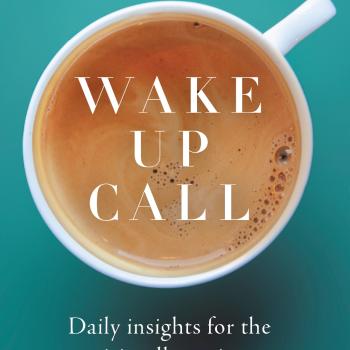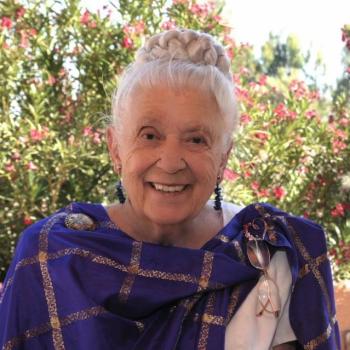If there’s one problem with New Year’s resolutions, it’s that we too often break them. We start the year with the best of intentions to lose weight or get in shape or eat healthier, and we give it our best shot—but the complexities of life get in the way.
There’s an inherent problem with resolutions that was pointed out to me by the writer and philosopher Anna Nimm. She writes that making these annual resolutions often becomes a fool’s errand, because:
This game is rigged from the start…the desire to expand beyond our current threshold comes out of a sense of lack, of missing something, of being deficient…the “failure” to keep resolutions then increases our feelings of guilt and unworthiness.
The problem is this: we can only find the motivation and self-discipline required to achieve our goal by designing our resolution around something we enjoy. The reason is “only something we love can create a strong gravitational pull towards change.”
A couple of years ago, Nimm had resolved to get in shape but found that she hated going to the gym. The solution for reaching her goal was a simple one, to move toward something she loved which was dance. She found that by attending regular dance classes, it was something that her heart and body were “naturally attuned to.”
Personally, I have begun to question why our New Year’s resolutions are always based on ourselves, especially if there are no especially pressing issues to attend to in our own lives. Why couldn’t our resolutions be based on helping others live happier and healthier lives?
“If you’re not drowning, you’re a lifeguard.”
The memorable quote above comes from Seth Godin and it points out how there are people suffering around us, some in our daily sphere, and they need our help. They may have made or are making poor decisions in dietary choices, in relationships, in how they cope with the everyday stresses of life. Some may just be lonely. Godin reminds us that:
If you have a safe place to sleep, reasonable health and food in the fridge, you’re probably living with surplus. You have enough breathing room to devote an hour to watching TV, or having an argument you don’t need to have, or simply messing around online.
In other words, you have the time to help those who are hurting. Who can you help? Who in your life can you devote up to an hour a day to help cure them of their unhappiness or loneliness?
- Who can you encourage to go to the gym with you or accompany you on your daily walk, run or exercise routine?
- Who can you spend a little bit of time with each day to let them know they are valued as a fellow human being
- Who can you recognize, encourage, praise, even if it is only an acquaintance who looks like they could use a kind word or gesture?
Does no one come to mind who you can help? Then, follow the lead of Zig Ziglar who advises us to “Make eye contact with someone who doesn’t expect it and then give her/him your best smile.”
When you look at yourself this New Year’s Eve or Day and see you are not wanting and that life is pretty good, look around to see who you can help. Life is funny that when you help those around you, it has a way of making life better for you, too. In the words of Florence Shinn:
What you do for others, you are doing for yourself.
I wish you a wonderful 2018!

















